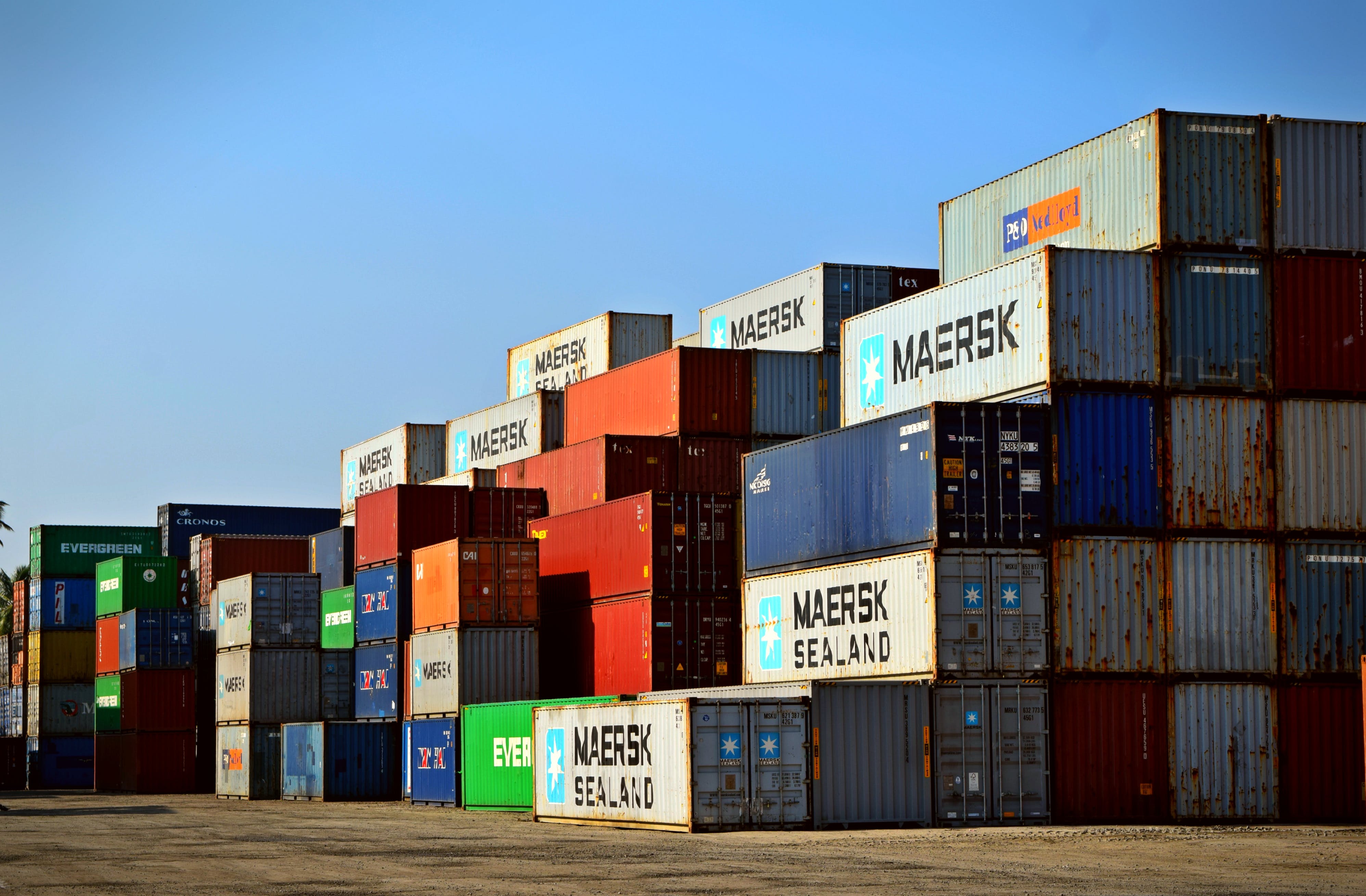Due Diligence?
The introduction of the EUDR aims to ensure that products considered problematic in terms of their impact on deforestation and forest degradation do not contribute to reinforcing this short-term problem.
As a result, the European Union is committed to restricting access to its domestic market for these products, and thereby reducing the impact of European consumption on deforestation. For this reason, it seemed important to be able to discriminate between products that contribute to deforestation and those that are produced in such a way as to preserve woodlands. The Member States thus agreed to set up a system to combat deforestation, based on the principle of Due Diligence, leading to the obligation to make a declaration relating to the latter.
Due Diligence is an operating principle that relies on the players in a product's supply chain to verify its compliance with the relative requirements set out in the EUDR. These requirements are based on a number of themes, and aim to ensure that products comply with the following criteria: they do not contribute to deforestation; they comply with the laws in force in the country of production, whether these relate to workers, the environment or taxation; and they provide information on geolocation, assessment and mitigation of risks relating to deforestation or forest degradation.
This process is divided into three stages: information gathering, risk assessment and risk mitigation.
Firstly, the operator gathers the necessary information from its supplier, in line with its country's jurisdiction. More specifically, the information required for this first part includes: product identification, geo-located place of production, producer identification and documents in compliance with the law of the country of production.
Secondly, operators must carry out a risk analysis of potential product non-compliance. As a result, they must determine whether the product is produced in compliance with applicable regulations, and verify that it does not contribute to deforestation on the basis of various criteria set out in the regulations, and taking into account: the level of risk assigned by the European Commission to countries, the presence of forest in the country, but also the presence of indigenous populations (who are recognized by these regulations as important players in forest conservation), or the complexity of the supply chain and possible risks of circumvention or corruption.
Finally, the exercise of Due Diligence requires the establishment of mitigation measures following risk analysis, if this has revealed non-negligible risks. In this case, the operator must put in place actions or procedures to ensure that the products he places on the European market no longer present any proven risks. This may involve, for example, carrying out an independent audit to verify the producer's internal procedures, implementing assistance and capacity-building measures for small producers, or requesting additional certification.
